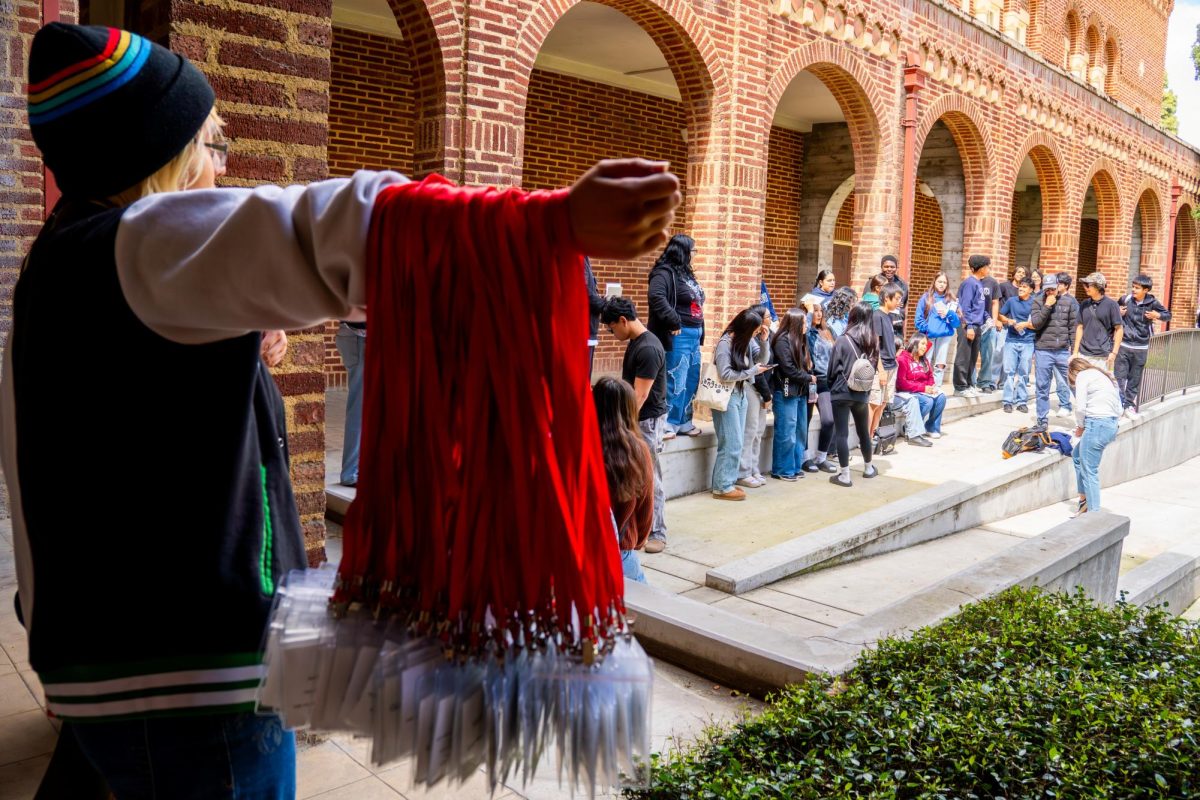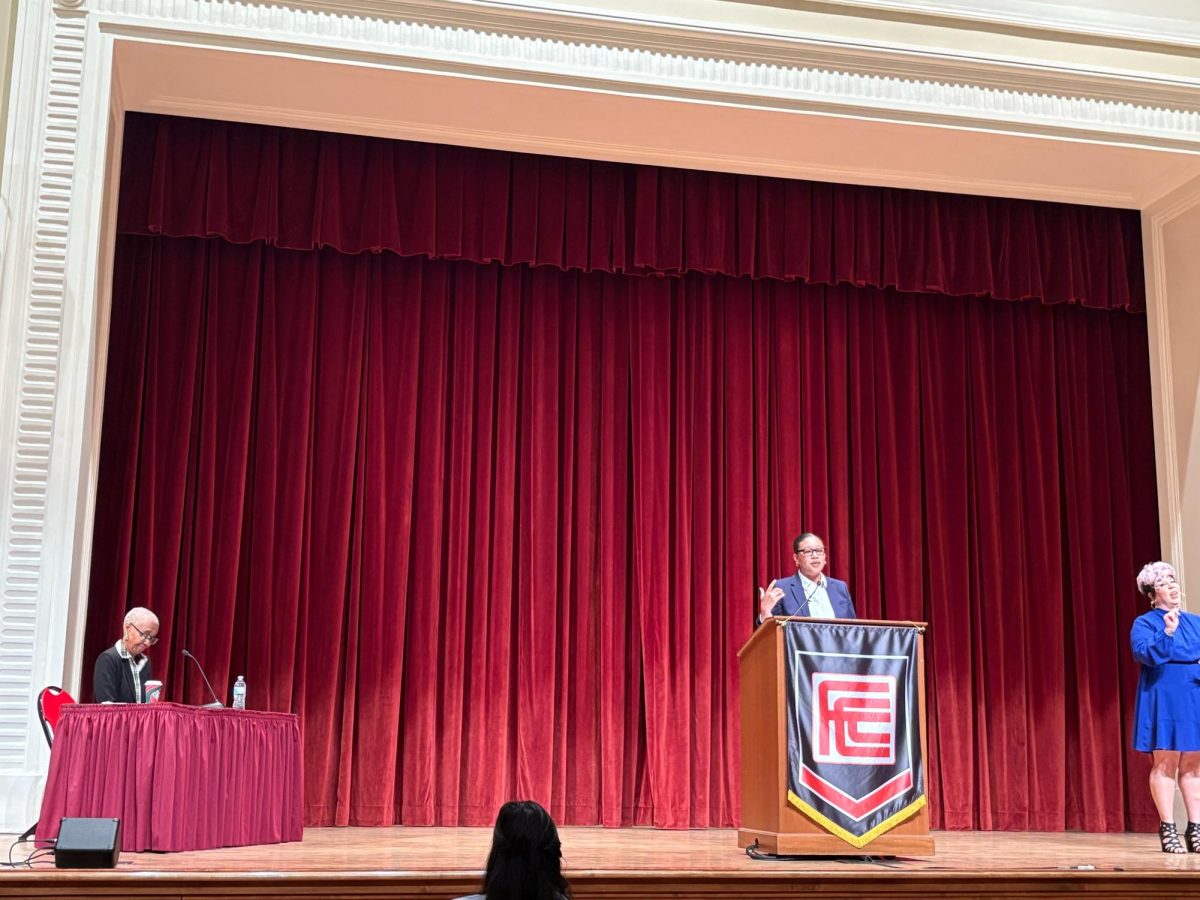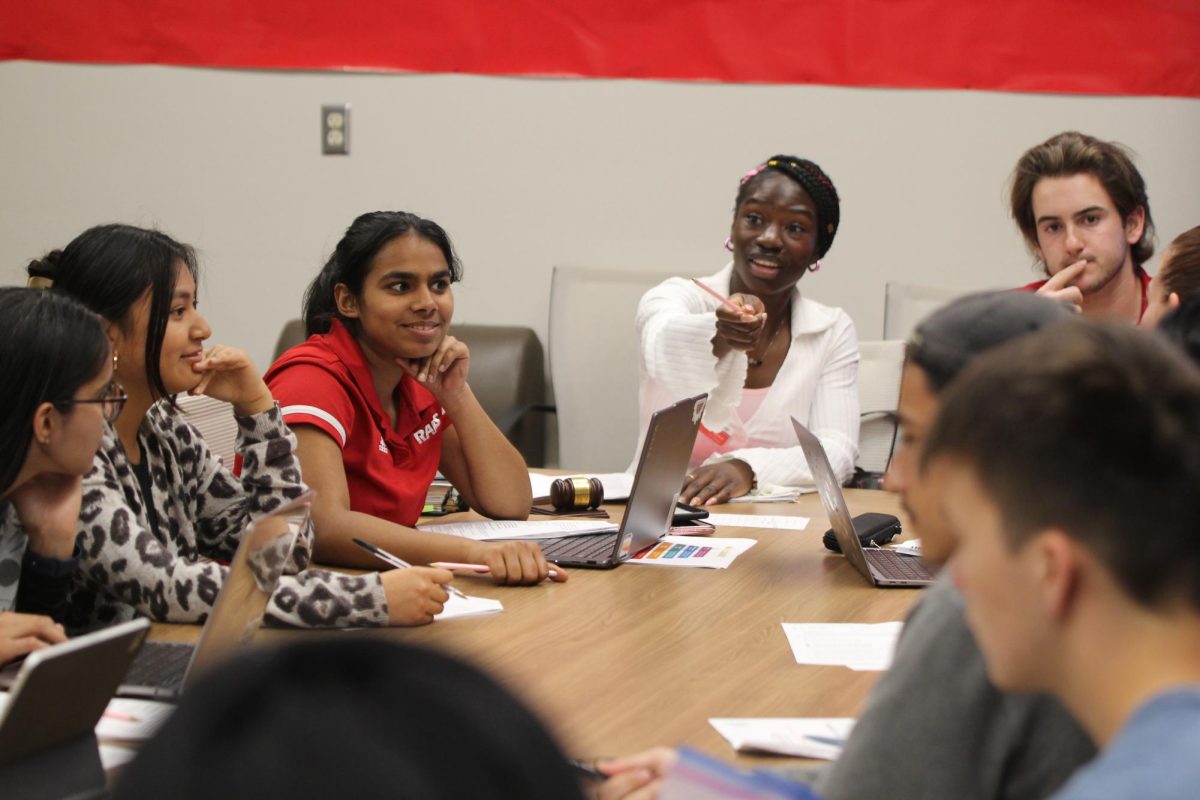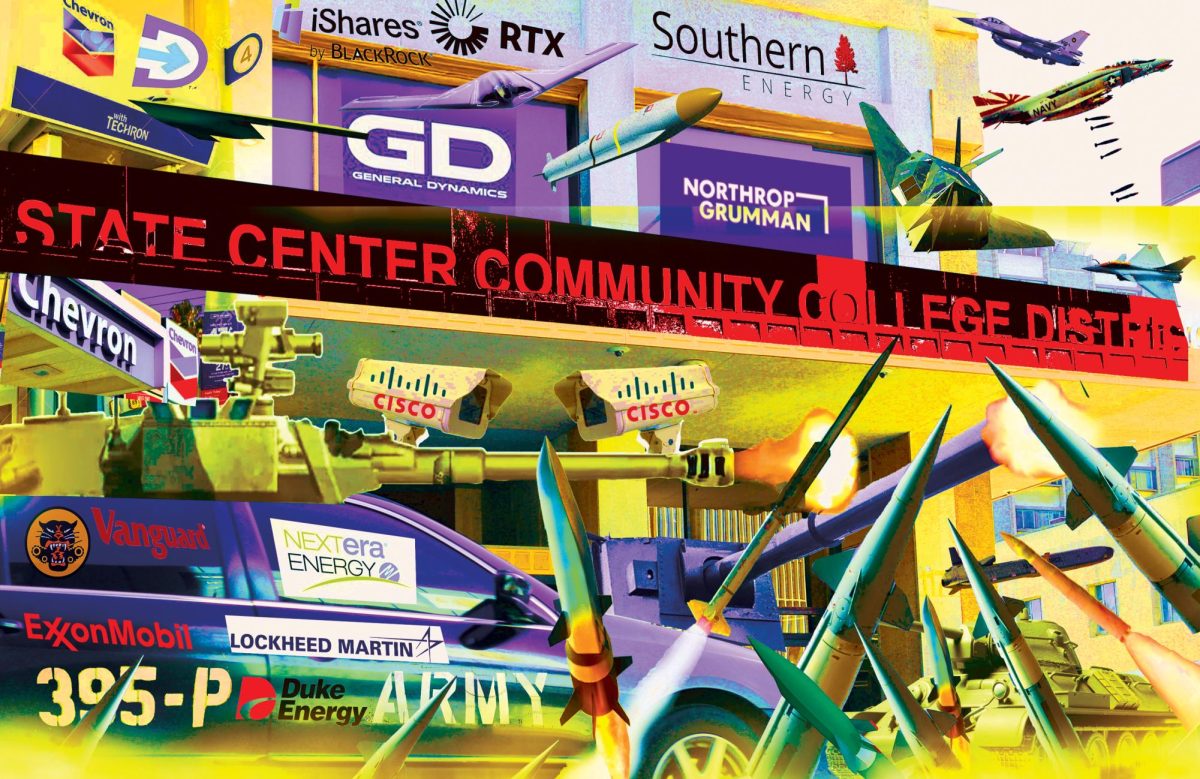The 2010 Associated Student Government election saw a 46 percent drop in voter turnout compared to last year, in the most recent election of Fresno City College’s student representatives.
Only 233 total votes decided this year’s race to become student government officials. The 2009 ASG election tallied 431 votes.
While the turn out is marginally below the eight-year average, it is the largest drop in voter turn out since 2005, according to a Rampage analysis of statistics provided by the Student Activities office.
The three-day election, which ended in April 29, ushered in seven newly-elected officials. Vacancies, like that of the Student Trustee will be filled by the appointment of an associated member of the student body, in accordance with the Associate Student Government’s constitution.
The largest vacancy yet to be filled, however, is within the voting population itself. With 24,587 students comprising the “student body,” the 233 votes cast represent less than one percent of Fresno City College.
Under-representation, according to ASG Elections Commissioner Mimi Smith, will only amount to limited student input.
“If students are not involved with [their] government,” Smith said, “then their questions and problems cannot be addressed.”
Contrary to popular belief, the Associated Student Government’s sole responsibility does not lie in the distribution of Ram Doggies and Burgers. The student representatives are quite literally the voice of Fresno City College.
According to Article II of the ASG constitution, our elected officials are “the means whereby students of the college share in the administration and governance of the college.”
As such, the due powers of the Associated Student Government are not limited to on-campus affairs. The Region V (5) Delegate, for example, bears the responsibility of attending the Student Senate for California Community Colleges, or SSCCC.
The SSCCC holds bi-annual general assemblies, one in the fall and a second in the spring, where all 112 of California’s community colleges convene to discuss, debate and determine policy, and to address pressing student-related issues.
Ultimately, the SSCCC is an advocate for the 2.9 million community college students of California.
Professor Sarah Velasquez, an instructor of political science for 15 years, said she does not think that students understand the importance of being politically active.
“I believe they would be more active,” said Velasquez, “if they understood how they were represented [through student government].”
Velasquez is currently in her third year with FCC, and says that, generally, the majority of her students are simply uninformed on matters concerning the breadth of government.
“I don’t think it is apathy,” said Velasquez, “and it’s not [a lack of] motivation. I think students are simply uninformed.”
Carlos Cisneros, a Fresno City College alumni and current University of California, San Diego student, held an interview over the phone with The Rampage. He recalled his three years at FCC and a state of disconnection from student government.
Not only was he unaware of the state-wide expanse of the ASG, Cisneros did not recognize the acronym as well.
“I would see ‘ASG’ in the [school] paper,” he said, “and it was just unfamiliar to me. I know what the Associated Student Government is; I just did not know what their role was, exactly.”
Like many, Cisneros never voted in a student body election.
“How would I know what to do with it, if I did not know how to use it?” he asked flatly.
The elections were held on the backdrop of the recent March in March, where approximately 150 FCC students marched to the capitol in protest of higher tuition costs. With the current fiscal state of California looming ominously over higher education, sustained student activity in the form of representation is critical, according to the SSCCC.
“With proposed fee increases and continued budget cuts on the table once again,” reads the SSCCC website, “the Student Senate will continue to pack the committee rooms and the halls in the Capitol to ensure that our voices are heard.”






